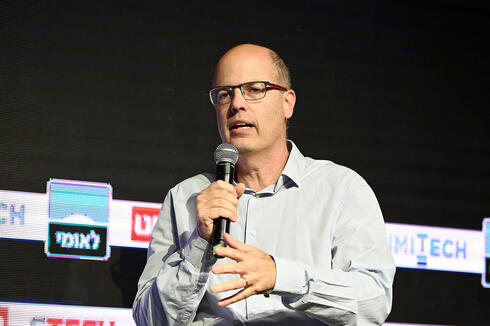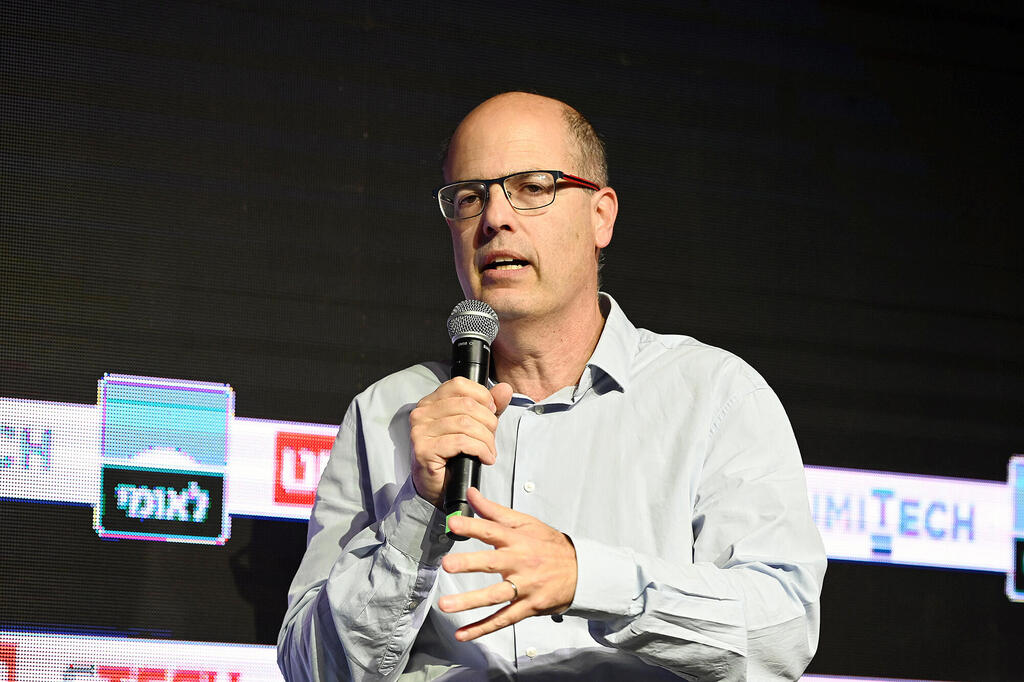
Tech TLV
"Israeli high-tech is not a single entity. The impact of global and local events varies significantly across sectors"
"What happened in 2024 is impressive and demonstrates resilience and stability," added Avi Hasson, CEO of Startup Nation Central, speaking at the Tech TLV conference. "Unlike soccer, where Israel has only made it to the World Cup once, Israeli high-tech competes in the 'World Cup' every day—and it is thriving."
"Israeli high-tech is not a single entity. Less than 10% of the workforce is employed in startups. The ecosystem also includes multinational companies such as Microsoft, large defense contractors, and scale-up growth companies that are multinational in every sense of the word. The impact of global and local events varies significantly across sectors within the high-tech industry. What happened in 2024 is impressive and demonstrates resilience and stability. Unlike soccer, where Israel has only made it to the World Cup once, Israeli high-tech competes in the 'World Cup' every day—and it is thriving," said Avi Hasson, CEO of Startup Nation Central, during a conversation with Calcalist’s Yarden Rozanski at the Calcalist and Leumi Tech TLV conference.
Most of the recruitment is in cyber. How do we make Israel a more diverse tech hub?
"We dominate in cyber, while most countries don’t have a significant presence in this sector at all. About half of the world’s cyber companies were founded by Israelis, and 40% of the capital raised in the global cyber sector goes to Israeli companies. However, we’re not creating the same level of impact in the future growth engines like health, food, and energy. These sectors are critical, yet we’re not strong enough there. It’s not easy to replicate the success of cyber.
"The health sector, for example, is the largest in Israel in terms of the number of companies, but it lacks many of the components that made the cyber sector so successful. To drive change, we need better integration of efforts between the government and the private sector."
Hasson also highlighted a lesser-known deal as an example of the shifting landscape:
"One of the most notable but under-the-radar deals is the sale of Priority Software to Blackstone. This acquisition stands out in the current landscape.
"Priority Software is a 35-year-old company, and Blackstone invested hundreds of millions of dollars in it—most of which is being directed toward its operations in Israel. Blackstone’s investment is not just a bet on Israeli technology but also on the local market and consumption, even in a year marked by war. This is a conscious vote of confidence in the Israeli economy and reflects the maturation of Israeli high-tech."
The growing gap between high-tech and the rest of the economy
In response to a question about the disparity between high-tech growth and the overall economy, Hasson remarked:
"When the Minister of Finance and the Prime Minister look at the deficit and express optimism, it’s largely thanks to the success of high-tech—despite the challenges facing the state. However, there is no inclusive growth in the Israeli economy that does not involve traditional industries.
"When we talk about high-tech, we often overlook its workers in traditional industries. Combining advanced technologies with traditional sectors will foster inclusive growth. Many methods of business development that originated in high-tech are already being applied in traditional industries, but we need a more targeted government policy to accelerate this trend. The government has many tools, and while the Innovation Authority does excellent work, more coordinated efforts are needed to ensure balanced, sustainable growth."
















